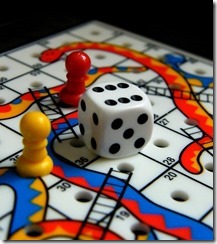Changes that happen to the lives of people living with brain injury their family and friends.
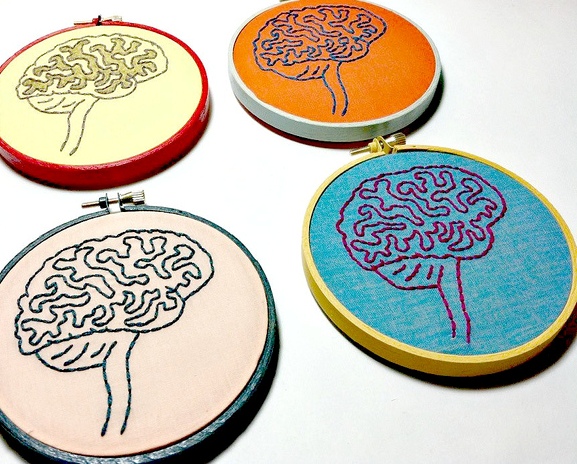
Flickr Image by Hey Paul Studios
Cultural diversity, Plant diversity,Workplace diversity, Brain injury Neurodiversity. Wait! What was that last one again did that say Neurodiversity? Yup. I have just been reading up on what it means. I found an article (see below) that challenged my thinking, and not always comfortably. Yet in a worthwhile uncomfortable way! The term Neuro-diversity appears to have developed from people concerned with the label Autism. It is not without controversy as it raises some thought-provoking ideas. Neuro-diversity is about people having a range of functions on a scale or continuum, rather than a boxed, labelled set of groups. "What is Neurodiversity" an article in Psychology Today by John Elder Robison provides a personal experience of Neurodiversity. While not focused on brain injury specifically, the issue of ‘neurodiversity’ seems relevant. I asked author Stephanie Allen Crist if I could reprint her article ‘The True Meaning of Diversity’. Stephanie has a blog called Embracing Chaos . Agree or disagree. Embrace or discard it. I hope…

Image from Pixabay
Image from Pixabay Today I am excited to introduce writer Ruth Burrill. Ruth has agreed to share her early experience of life after brain injury, rehabilitation and working with a support worker. Before I share Ruth’s story I will explain terms used for anyone outside of Victoria, Australia, who may be unfamiliar with descriptions used in the article: [unordered_list style="green-dot"] Attendant Care Worker – is a person paid to provide support most often on a 1:1 basis for another person. Transport Accident Commission (TAC) – “… a Victorian Government-owned organisation whose role is to promote road safety, improve the State's trauma system and support those who have been injured on our roads. “ Aborigine – used within this article refers to the indigenous people of Australia[/unordered_list] Ruth’s Story of Life After Brain Injury It was having an attendant carer program that enabled me to believe in myself again in the darkest stages of rehabilitation that made the difference. Attendant…
Such a grand title ‘Living with brain injury in the 21st century’. Sounds like a school essay. No. This is more a “stream of consciousness” kind of article. Less of the researched ideas and information, more me writing as my thoughts unpack. It all started when I realised I was once more overwhelmed by information and technology. I was not keeping up. I was not responding to people I wanted to contact. Not reading and listening to things I wanted to. Further highlighted when I confided to a friend, and fellow blogger that I have over 800 websites saved in the “To Be Read Later” part of my life. A few helpful tips on minimalism were gratefully accepted. It got me thinking about the impact our mass-information-modern-world, has on people (me). What about the impact on someone living with a brain injury? I guess it kind of links to the discussion about gadgets and technology last week. Impact For a Person…
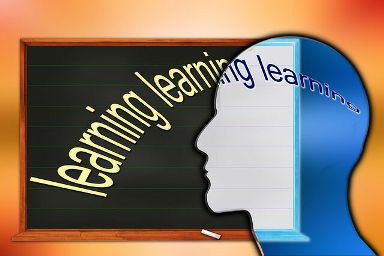
All images from Pixabay.com
This week I was invited to talk at a local Stroke Support Group. Shamelessly I traded tips on looking after yourself, for the group's help writing this article on living with Stroke! The group comprised people who were living with Stroke, and family members. Below I share their responses to the question I asked “What would you most like to pass on to others about living with Stroke?” What you see below, is what was reported. Apart from a bit of reordering, and minus a few risqué jokes! I had a lot of fun, and there was a lot of laughter amongst the serious conversation. I hope I can convey a little of that here. See what you think, I believe this would also be relevant to people living with brain injury from all causes. Living With Stroke - Tips There were two main areas people talked about: [unordered_list style="green-dot"] the impact of having a Stroke – listed below as headings…

Image by Chris Scott
The beauty of creating, of being creative, of creative thought, of exploring our creativity is that: [unordered_list style="green-dot"] ability does not matter there is no right or wrong way to be creative, there is no good or bad way and as we saw last week there are many ways to be creative. [/unordered_list] Last week there was a lot of creative talent in one small article: “A Pink Bunny, Creativity and Brain Injury“. It made me realise the topic “creativity and brain injury” seemed irrelevant in a way – not the creative bit, the brain injury bit. The creative talents of the artists last week showed that to be creative was the focus, brain injury was a very distant second. Let's Focus on How to Be Creative First and Brain Injury second. As I read about the creative achievements of my guests last week I realised I had not thought about being creative for myself. I keep telling myself I am…

Image by Chris Scott
‘Changed Lives New Journeys’. The name for me reflects what I heard in many conversations about life changes after brain injury. Both from people living with brain injury and their families. Life changes in so many ways. I was reminded of this when I read an article by Wolfgang Wolf on his blog “The glass is half full √”. The title itself speaks volumes: “I used to drive a BMW, now I get around in a wheelchair”. I am grateful that Wolfgang has given permission to reprint this article in full here. You can visit his blog for more “The glass is half full √” or contact him direct. (See details at the end of the article below). Brain injury, including Stroke, are unpredictable events and they change lives in many ways. The article below by Wolgang expands on life changes, giving firsthand experience of the change that happens after an unpredicatable event, such as a Stroke. I used to drive a…
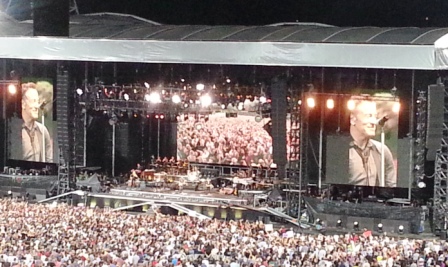
We Take Care of Our Own. Or Do We
Bruce Springsteen, a song, brain injury, and a lack of support. What do they have to do with each other? For me they all linked together to become this weeks article! I was thinking about the people I have met, and read about, who are living with brain injury. It impacts on the the life of each person differently. For some, brain injury brings changes that are overwhelming, unacceptable, and sometimes just plain sad. When you really pay attention to these stories the lack of the right supports at the right time often creates the difficulties. Preparing the article last week on Brain Injury and Homelessness left me outraged. Outraged that a person could end up homeless because of sustaining a brain injury, often through a lack of adequate care and support. I thought I would share more of my outrage this week. Please share any "outrages" you have about support and brain injury in the Comments below. It Outrages Me…
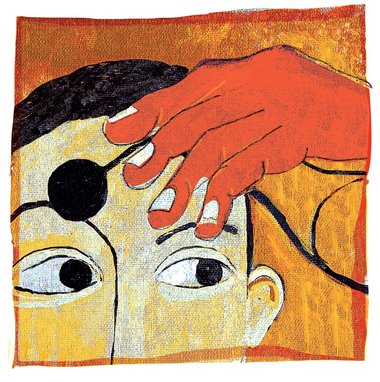
Image Andrea Levy, The Plain Dealer
Believe it or not, even today, diagnosis of brain injury can be missed, or incorrectly diagnosed. Depending on the cause and outcomes diagnosis of Brain Injury can be difficult. And diagnosis can be overlooked. When conducting training sessions about Brain Injury for support workers and family, it was common to come across stories of Brain Injury not diagnosed. On a number of occasions a participant realised during the session, that a family member, or they themselves, had a Brain Injury that had not been picked up. Or it had been diagnosed as something else. Mis-diagnosis of Brain Injury The diagnosis of Brain Injury, such as traumatic brain injury (TBI), dementia, brain tumour can be overlooked. [box]‘James’, had a serious accident on his motorbike. He was taken to hospital and treated for multiple fractures. After returning to work, his family and colleagues notice he was less able to concentrate, he was forgetful and easily frustrated. His broken bones had mended but the diagnosis…
You will likely hear how life changes after brain injury in many, many, ways. Both big and small changes. Changes such as no longer being able to work, not being able to get to the corner shop to buy a snack, relationship changes, or finding that watching a movie is no longer enjoyable, as it's too hard to follow. Today the discussion focuses on the changes and losses that can come with life changes after brain injury, along with some ideas for strategies to support a person live life after brain injury. This article, and the introduction last week focus on the life changes after brain injury. You can read the full article Brain Injury Life Changes or below are some key points to remember: The losses associated with life after brain injury are often underestimated by everyone involved. While the physical and cognitive affects of brain injury are different for each person, the impact on their lives can have similar…
Have you noticed there is a lot of focus on strategies for the physical and cognitive effects of brain injury, and not so much on how brain injury changes people’s lives? Yet it is the changes to your way of life that can have the most impact. Imagine your life changing; maybe in an instant, maybe slowly over time. It might be you are no longer able to drive, you lose your job, friends are no longer around. Big things in life to deal with at any time, but imagine how it would be when you are already trying to manage the effects of brain damage. These changes to life are often the most significant changes for the person living with brain injury. Hopefully, by gaining an understanding of the changes that might occur, and developing strategies to build on, you will be better able to support a person's adjustment to life after brain injury. Today a look at how brain injury…








